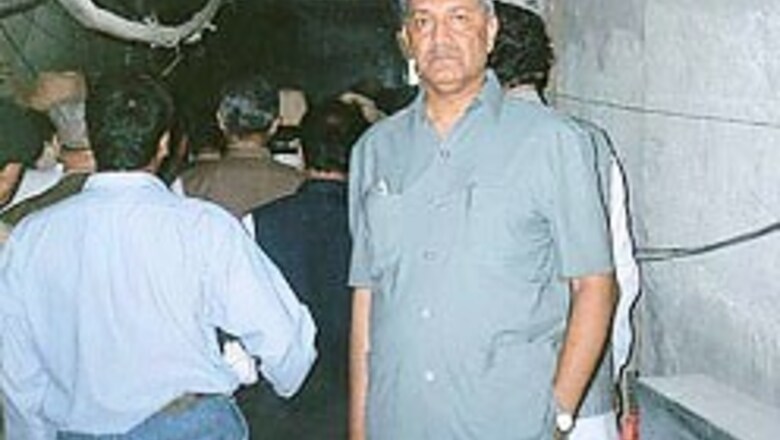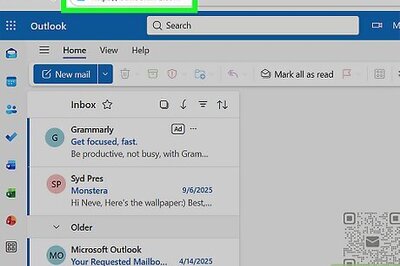
views
Washington: A US think tank has disputed official claims that what President George Bush calls the "world's most dangerous nuclear trading cartel" run by the father of Pakistan's atomic bomb has been dismantled.
"Working with Great Britain and Pakistan and other nations, the United States shut down the world's most dangerous nuclear trading cartel, the A Q Khan network," Bush said in a speech in the run up to the fifth anniversary of the terrorist attacks of Sep 11, 2001.
"US officials claim the Khan network has been dismantled and the Pakistani government says the case is closed, but according to testimony before the House Subcommittee on International Terrorism and Non-proliferation, that is not the case," the Council on Foreign Relations noted in a newsletter.
Institute for Science and International Security (ISIS) President David Albright testified that International Atomic Energy Agency (IAEA) officials have not yet been able to question Khan directly and "key questions remain unanswered", Eben Kaplan said in the newsletter published Thursday.
Leonard Weiss, an independent non-proliferation expert, told Congress: "At least some parts of the network are definitely still functioning."
Meanwhile, Pakistan has been accused of interfering with investigators' inquiries. As journalist Steve Coll says in a Q&A on the New Yorker's website, "It's presumed that one reason is that Khan knows quite a lot about how Pakistani generals and other leaders have endorsed or profited from his global trade."
The story of A Q Khan underscores the importance of non-proliferation efforts in an era when technology and expanding trade increasingly favour smugglers. Such a challenge requires a creative solution, Kaplan said.
Aside from Iraq, the other two "axis of evil" nations – Iran and North Korea – have been on the minds of US policymakers of late. But aside from giving US officials fits, Iran and North Korea have another thing in common, they both have had extensive dealings with A Q Khan.
The "Father of the Islamic Bomb," Khan is seen as a national hero in Pakistan for providing his country with a nuclear deterrent against its archrival India.
He is also one of the world's most notorious criminals, the former head of a network that distributed nuclear technology on the black market to Iran and North Korea as well as Libya. The network inspired nightmares for non-proliferation and security officials, and former CIA Director George Tenet even described Khan as "at least as dangerous as Osama bin Laden".
By 2003, Western intelligence officials were onto Khan, and that October they managed to intercept a shipment of centrifuge parts destined for Libya. The seizure marked the beginning of the end for the Khan network.
The following year, Khan was forced to make a televised confession, after which he received a presidential pardon and was confined to house arrest in his multi-million dollar villa, Kaplan said.













Comments
0 comment